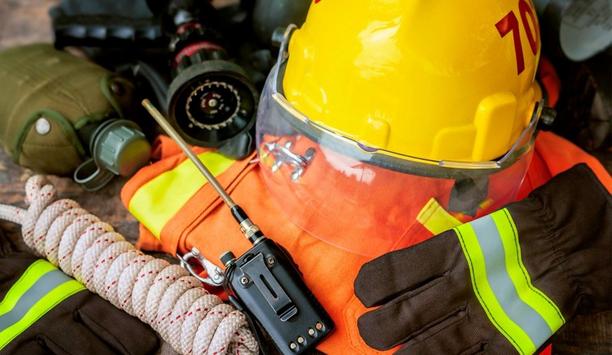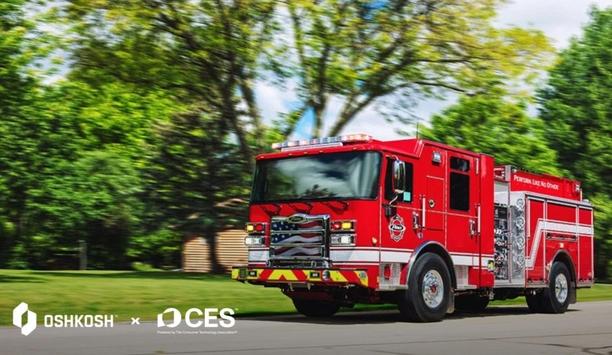Eunomia has convened a consortium to explore the costs of, and potential measures to prevent, fires which are being started by Lithium-ion (li-ion) batteries in waste.
Fires in waste electronics are estimated to be growing: the incidence of fires in waste company Veolia’s refuse trucks are up 37.5% since 2017, and these are thought to have been caused by Li-ion batteries.
Major cause of waste fires
Li-ion batteries are found in a variety of consumer IT and electronics products and are one of the most popular types of rechargeable battery for portable electronics. A pig pen in Leeds was set alight when a pedometer battery damaged by a pig caught fire. This story highlighted some of the problems with Li-ion batteries: if they are damaged, overheat or short circuited, they can quickly catch fire or explode, and can lead to serious fires.
The initial aim of the consortium is to research the extent to which batteries are a major cause of waste fires
The initial aim of the consortium is to research the extent to which batteries are a major cause of waste fires. It will also explore how much these fires cost the UK economy each year and propose policies and other measures to address this risk, at source, before the batteries enter the waste stream.
Increasing number of electronics
Sophie Crossette, the project leader from Eunomia, said: “Li-ion batteries are powering an increasing number of electronics, including portable devices like smart phones, as well as power tools and, more recently, electric vehicles. The average person in the UK throws away 23.9kg of electronic waste every year.”
“Li-ion batteries in small electronic equipment are likely to be incorrectly thrown into normal recycling or residual waste bins when batteries should be removed if practical and safe, or the whole item should be disposed at small WEEE battery recycling points. Consumers might not even realize a product has a Li-ion battery in it – the battery in a singing birthday card, for example, can cause a serious hazard if disposed of in the recycling system for highly combustible paper and card. As their prevalence increases, fires caused by incorrect disposal of Li-ion batteries are becoming more and more common.”
Individual fire incident
“The costs associated with clearing up damage to equipment and buildings caused by waste fires are huge – the average cost to the waste industry of each individual fire incident is estimated at £173k, with more severe fires costing on average £1.2 million. What we don’t know is the costs of these e-waste fires in municipal waste and recycling.”
We also want to understand the wider costs of other problems caused by the fires"
“With such combustible waste, containing paper, card and plastics, it doesn’t take much for large fires to break out, whether in waste depots, recycling centers and landfill sites, all of which may, to some extent, have been caused by Li-ion batteries. We also want to understand the wider costs of other problems caused by the fires including associated air pollution, pollution to surface and ground water, use of the fire service, impacts on public health and disruption caused by dumping waste in the street to put fires out.”
Improving consumer recycling
“This is why we’ve decided to come together with industry to better understand the issues and find out what can be done to prevent more fires.” To date there has been substantial research on operator best practice guidance around battery detection and fire management and mitigation.
There are also communication campaigns underway to raise awareness of the risks of battery fires to improve consumer recycling. There has been far less activity concentrating on ‘up-stream’ interventions to address the source of the problem directly.















